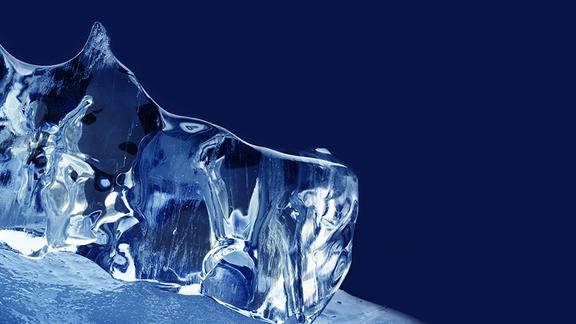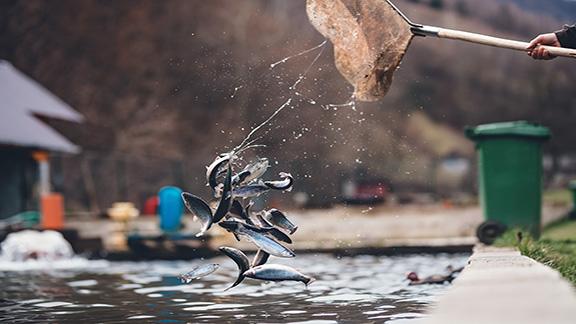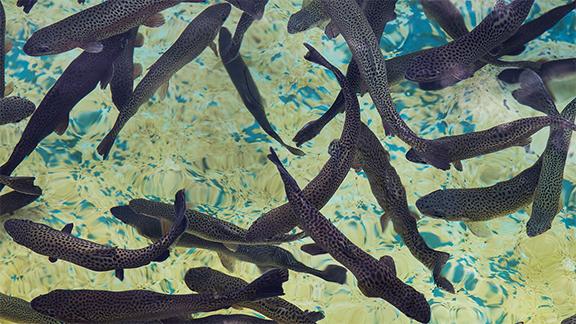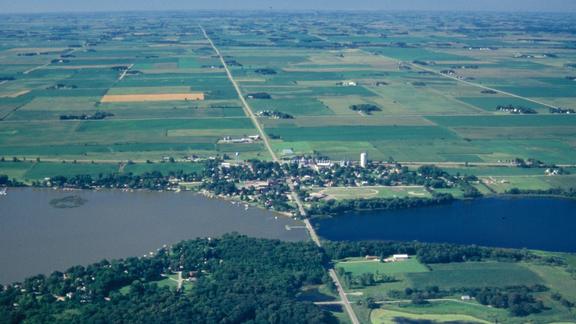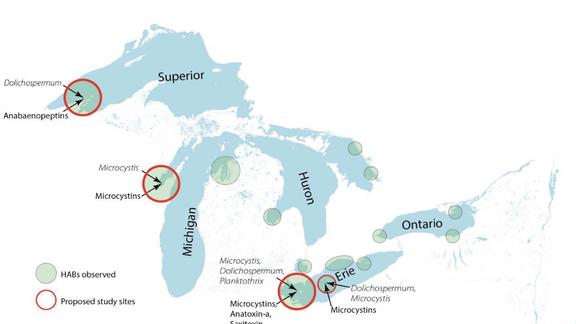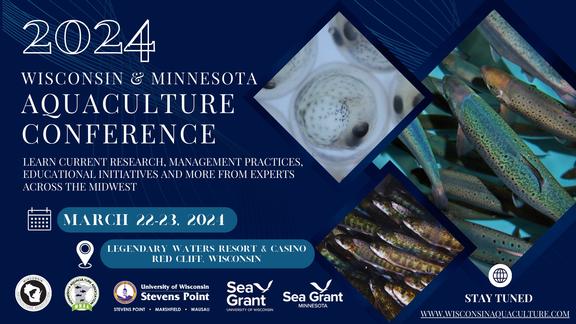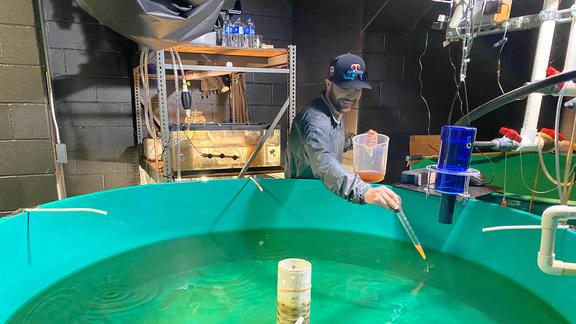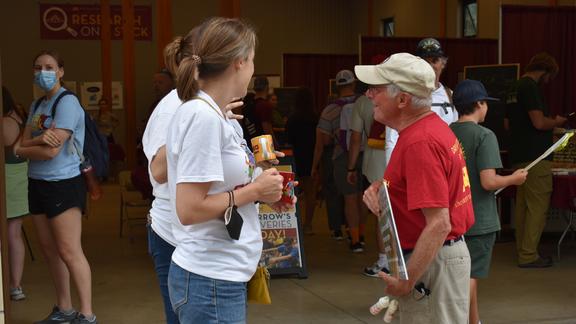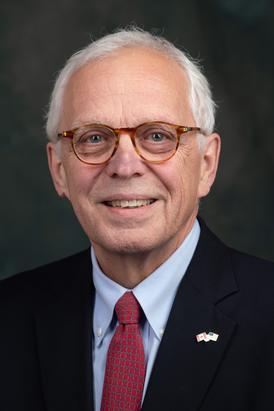
Biography
- Limnology, aquatic ecology, biogeochemistry, fisheries, lake management and restoration, eutrophication, harmful algae blooms, groundwater, biodiversity, endangered species, carbon cycling, global role of lakes and streams
- Research, education and science policy
- Professor, Department of Biology and with Large Lakes Observatory (UMD)
- Immediate past chair, Council of Scientific Society Presidents
- Immediate past president, Association for the Sciences of Limnology and Oceanography
Publications
Videos
- Protecting Local Water Quality Has Global Benefits by John A. Downing and Steve Newbold. Environmental Defense Fund Economics Seminar. September 29, 2021.
- Viral Transport, Survival, and Transmission via Freshwater Ecosystems: Relevance to the Social Cost of Water Pollution by John A. Downing. Presented at the April 2021 Cornell Atkinson Center for Sustainability workshop on the Social Cost of Water Pollution.
MNSG Leadership
- Director
Education
- Ph.D. - Biology
- McGill University
- M.S. - Zoology
- North Dakota State University
- B.S. - Biology
- Hamline University
Earth's Eye: Director's Column
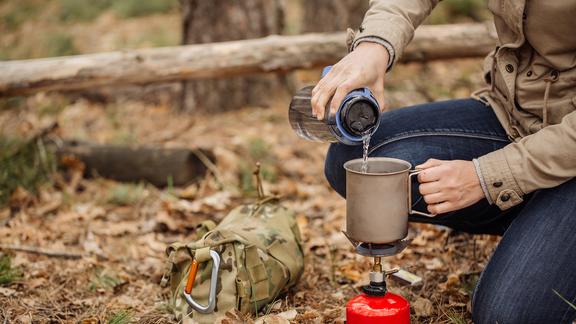
Water from lakes and streams can contain a lot of things that can make you sick. Making drinking water safe when camping, on the trail, or simply traveling, has become big business with many options. A safe solution is easier and cheaper than you might think. Minnesota Sea Grant’s April 2023 Director’s Column has information to help keep you safe and hydrated.
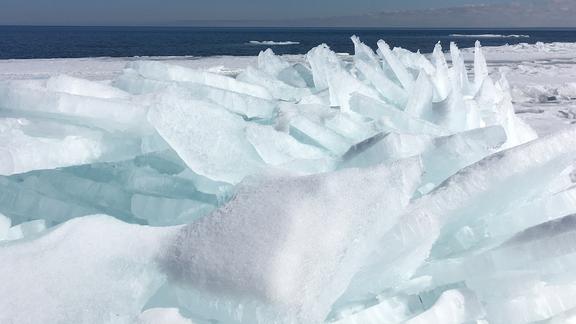
I wanted a tool to measure the thawing potential that weather exerts on lakes in spring so my friends, colleagues, and family could better plan for spring activities. So I made a fun widget called the Minnesota Lake Ice-In and Ice-Out Widget to help track thawing in spring.
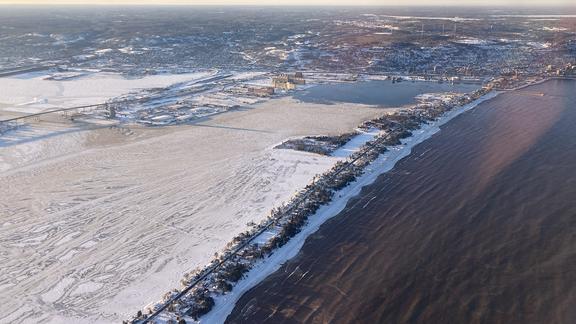
The open water of Lake Superior (right) and the frozen water of the Duluth-Superior harbor (left). Image credit: M. Thoms
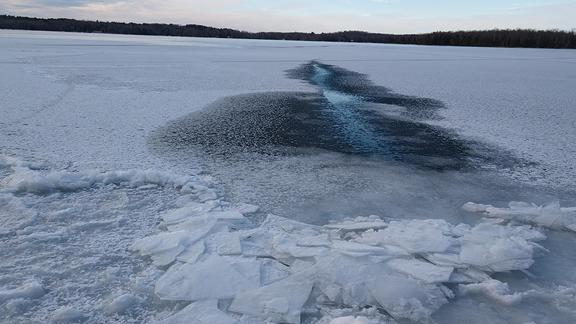
Plate ice, cracked ice, and refrozen plate ice on a Minnesota lake. Image credit: John A. Downing.
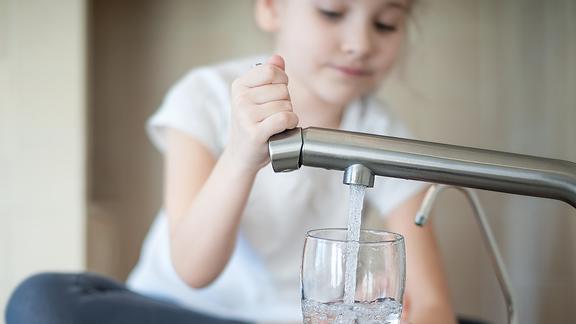
Image credit: Igor Pushkarev. All AdobeStock images in this story are protected by copyright.
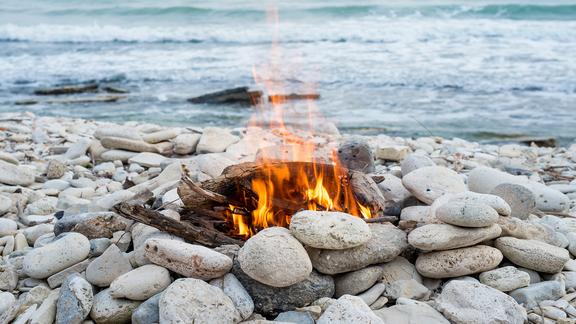
Image credit: ©diyanadimitrova. Stock.adobe.com


